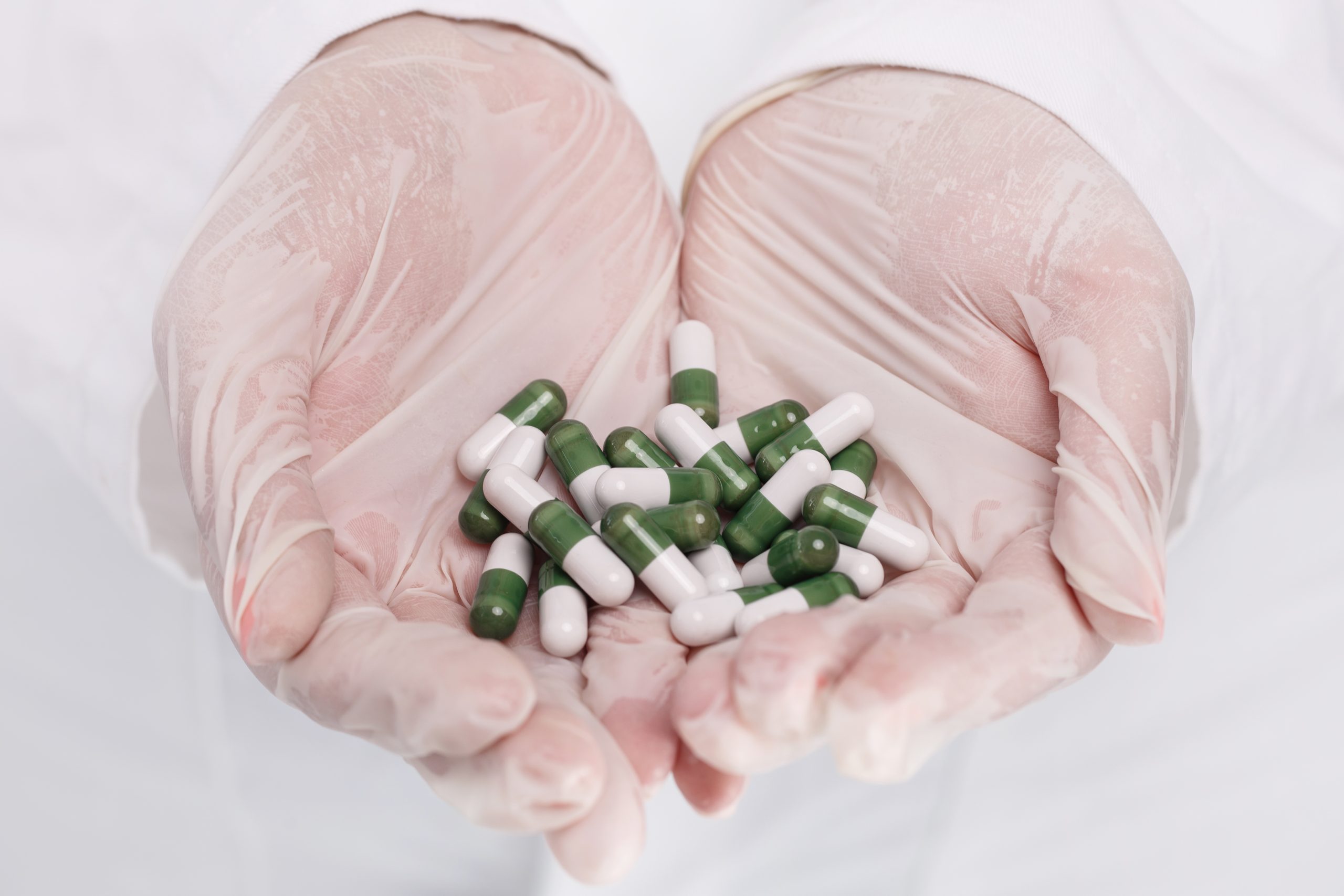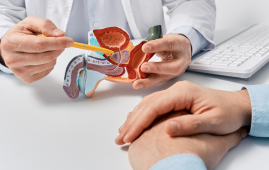

The effectiveness and safety of psilocybin in patients with major depressive illness have been studied by a team of 34 researchers from 18 different institutions.
In a paper, “Single-Dose Psilocybin Treatment for Major Depressive Disorder: A Randomized Clinical Trial,” published in JAMA, the team discovers that a single 25mg dose of psilocybin given along with psychological assistance had a rapid onset of antidepressant effects, sustained reduction in depressive symptoms, and improvement in psychosocial functioning in individuals with major depressive disorder (MDD).
At 11 research facilities in the US, a phase 2 experiment that was randomized, double-blind, and placebo-controlled was carried out between December 2019 and June 2022. It involved 104 persons with moderate or more severe MDD symptoms who had been diagnosed.
Along with psychological support, participants either got a single 25mg dosage of psilocybin or a 100mg dose of niacin (placebo control). Up to 43 days following dosage, several time points were used to evaluate primary and secondary outcomes.
When compared to niacin, psilocybin therapy was related with a significant decline in Montgomery-Asberg Depression Rating Scale (MADRS) ratings from baseline through days 8 and 43. The MADRS is a 10-item evaluation that looks at basic mood symptoms such sorrow, tension, lassitude, pessimistic thinking, and suicidal thoughts in order to evaluate symptoms of depression.
When compared to niacin, psilocybin administration significantly decreased Sheehan Disability Scale (SDS) scores from baseline to day 43. Scores for job disability, social disability, and family disability are produced by the SDS scale.
The Clinical Global Impressions Scale, Hamilton Anxiety Rating Scale, Quality of Life Enjoyment and Satisfaction Questionnaire, Symptoms of Major Depressive Disorder Scale, and the Oxford Depression Questionnaire (to measure emotional blunting) were among the instruments used to measure exploratory outcomes.
The research discovered that psilocybin therapy was linked to improvements in various exploratory outcomes, such as decreased overall illness severity, decreased self-reported anxiety and depressed symptoms, and increased quality of life. Treatment with psilocybin did not result in emotional blunting, which is sometimes a negative effect of conventional antidepressants.
According to the study, psilocybin treatment improved general functioning, anxiety symptoms, and quality of life in the study participants, suggesting that its benefits extended beyond only lowering depression symptoms.
Antidepressants’ unmet need
One-third of MDD patients on the currently prescribed antidepressants do not get symptom remission. The antidepressant response can take months to appear in the two-thirds of patients who find a medication to be helpful, and the typical relapse rate within a year of remission is over 50%.
Clinicians frequently prescribe a variety of medications over time in quest of a long-lasting response as a result of this stochastic effectiveness rate. Inadvertently exposing patients to new pharmaceutical adjustment periods and withdrawal symptoms from prior treatments, this approach.
Compared to other drug classes, the majority of antidepressants are linked to an increased reporting of withdrawal syndrome. Even if antidepressants are unsuccessful, stopping them can have severe and incapacitating withdrawal symptoms, such as nausea, headaches, paresthesia, dizziness, and anxiety. Other side effects may include suicidal thoughts, insomnia, sadness, and insomniac tendencies.
What is the purpose of psilocybin?
Recent research suggests that psilocybin produces an immediate antidepressant effect that lasts significantly longer than the drug’s presence in the body and the absence of withdrawal symptoms.
The majority of recent studies have been preliminary trials and need to be supported by more reliable experimental designs and larger cohort sizes. The current trial contrasted a single dose of psilocybin with an active placebo comparator (niacin) in a randomized, multi-blinded design in order to address these problems. Blinded raters carried out outcome evaluations to look at psilocybin’s six-week safety profile, duration of benefit, and timing of action.
The current investigation supports earlier findings about effectiveness and found no significant treatment-emergent side effects. These findings add to the expanding body of research that supports psilocybin as a viable treatment for MDD.
more recommended stories
 Advanced Prostate Cancer and Serial ctDNA Analysis
Advanced Prostate Cancer and Serial ctDNA AnalysisKey Takeaways Serial liquid biopsies using.
 Tuberculosis Breakthrough with Experimental Antibiotics
Tuberculosis Breakthrough with Experimental AntibioticsKey Takeaways Experimental antibiotics disrupt a.
 National Healthy Longevity Trial Receives Federal Support
National Healthy Longevity Trial Receives Federal SupportKey Summary Up to $38 million.
 Vascular Health Linked to Early Alzheimer’s Brain Changes
Vascular Health Linked to Early Alzheimer’s Brain ChangesKey Takeaways Brain vascular health is.
 Red Blood Cells Improve Glucose Tolerance Under Hypoxia
Red Blood Cells Improve Glucose Tolerance Under HypoxiaKey Takeaways for Clinicians Chronic hypoxia.
 Nanoplastics in Brain Tissue and Neurological Risk
Nanoplastics in Brain Tissue and Neurological RiskKey Takeaways for HCPs Nanoplastics are.
 AI Predicts Chronic GVHD Risk After Stem Cell Transplant
AI Predicts Chronic GVHD Risk After Stem Cell TransplantKey Takeaways A new AI-driven tool,.
 Red Meat Consumption Linked to Higher Diabetes Odds
Red Meat Consumption Linked to Higher Diabetes OddsKey Takeaways Higher intake of total,.
 Pediatric Crohn’s Disease Microbial Signature Identified
Pediatric Crohn’s Disease Microbial Signature IdentifiedKey Points at a Glance NYU.
 Nanovaccine Design Boosts Immune Attack on HPV Tumors
Nanovaccine Design Boosts Immune Attack on HPV TumorsKey Highlights Reconfiguring peptide orientation significantly.

Leave a Comment